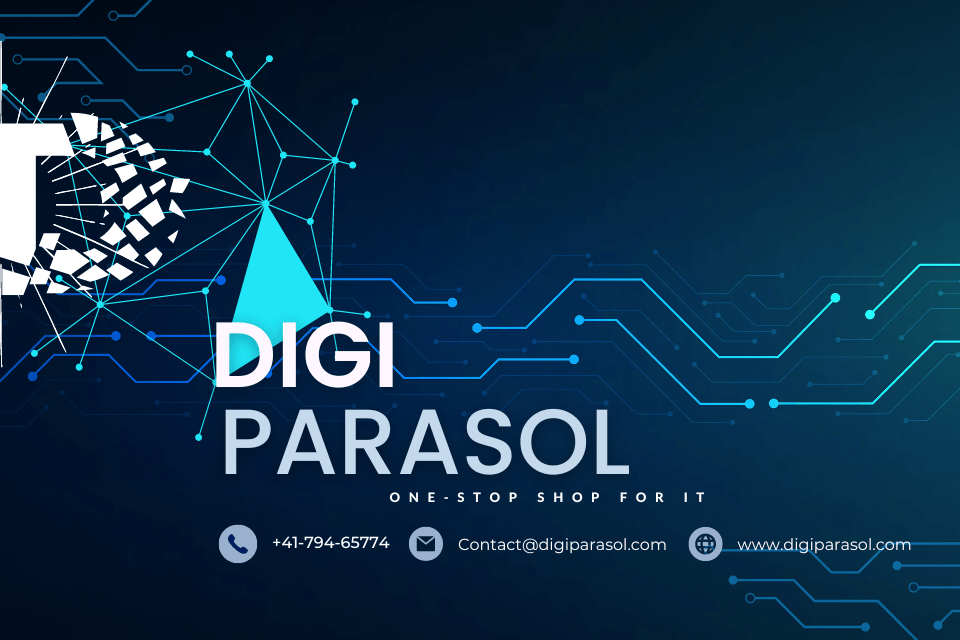Effective communication is an essential skill for leaders in any industry. Whether you are leading a team of two or two hundred, the way you communicate with your team can have a significant impact on their productivity, engagement, and overall success. In this blog post, we will discuss the benefits of effective communication strategies for leaders, as well as provide tips on how to get started and the essential equipment you will need to communicate effectively with your team.
Benefits of Effective Communication Strategies for Leaders
1. Builds Trust: Effective communication helps to build trust among team members and between leaders and their teams. When team members feel that their leader is transparent and open in their communication, they are more likely to trust them and be motivated to work towards a common goal.
2. Improves Morale: Clear and effective communication helps to boost morale within a team. When team members feel that they are being heard and their opinions are valued, they are more likely to be engaged and motivated in their work.
3. Increases Productivity: Effective communication streamlines processes and ensures that tasks are completed efficiently. When team members are clear on their roles and responsibilities, they can focus on their work and deliver results in a timely manner.
4. Fosters Collaboration: Good communication encourages collaboration among team members and promotes a sense of teamwork. When team members are able to share ideas and work together towards a common goal, they are more likely to achieve success.
5. Reduces Conflicts: Clear communication helps to prevent misunderstandings and conflicts within a team. When expectations are clearly communicated and understood, team members are less likely to experience conflicts or disagreements.
Tips on Getting Started with Effective Communication Strategies
1. Set Clear Expectations: Clearly communicate your expectations to your team members. Make sure they understand their roles and responsibilities, as well as the goals and objectives of the team.
2. Be Open and Transparent: Be open and transparent in your communication with your team. Encourage open dialogue and feedback, and be willing to listen to your team members’ ideas and concerns.
3. Use Multiple Communication Channels: Use a variety of communication channels to reach your team members, including email, phone calls, and face-to-face meetings. Be flexible in your communication approach and adapt to the preferences of your team members.
4. Provide Regular Updates: Keep your team members informed on the progress of projects and any changes in the work environment. Regular updates help to maintain transparency and keep everyone on the same page.
Essential Equipment for Effective Communication
1. Communication Tools: Invest in communication tools such as video conferencing software, messaging platforms, and project management tools to facilitate communication among team members.
2. Headsets: Headsets are essential for clear communication during phone calls or video conferencing. Choose a headset with noise-cancelling features to ensure clear audio quality.
3. Whiteboards: Whiteboards are a great visual tool for communicating ideas and concepts to your team. Use whiteboards during meetings to visually demonstrate complex concepts or brainstorm ideas.
In conclusion, effective communication is a crucial skill for leaders to master. By implementing clear communication strategies and using the right equipment, leaders can build trust, improve morale, increase productivity, foster collaboration, and reduce conflicts within their teams. Start implementing these tips today to become a more effective communicator and leader.


